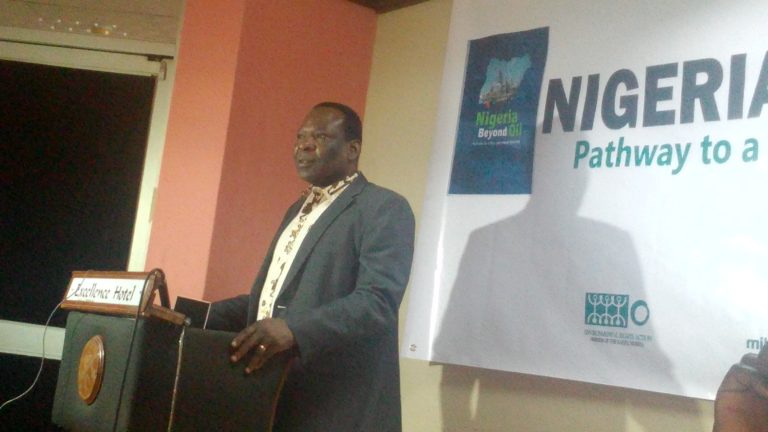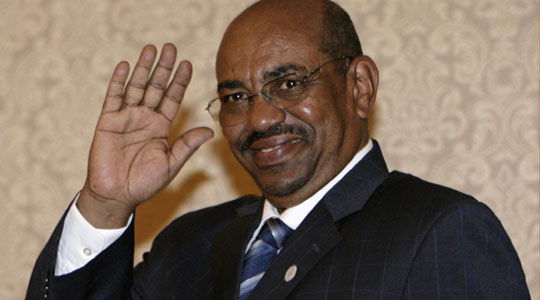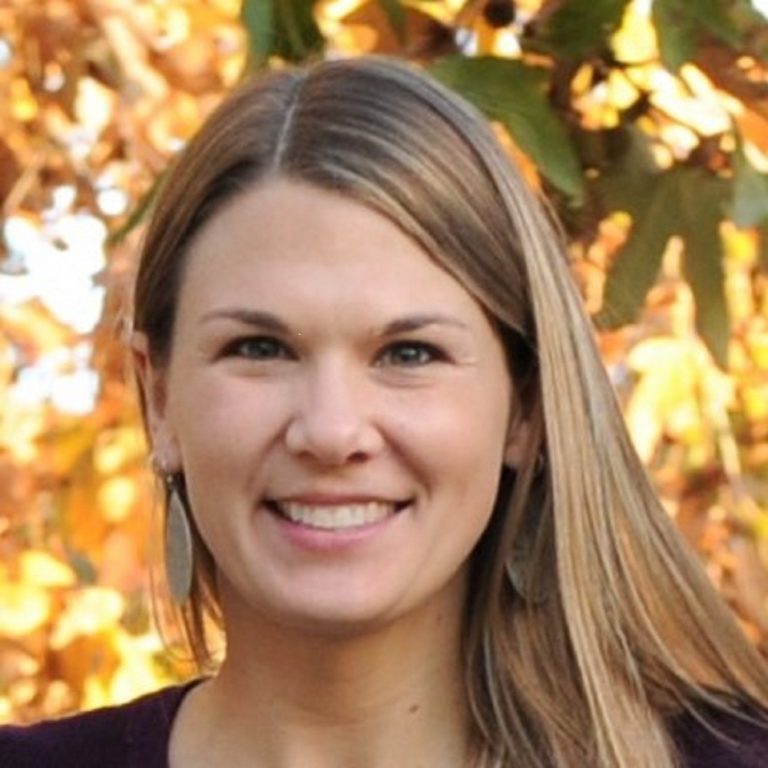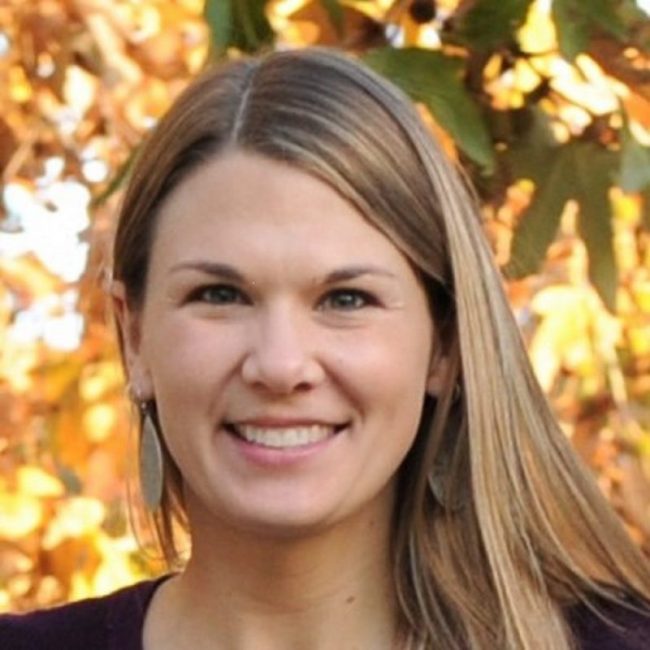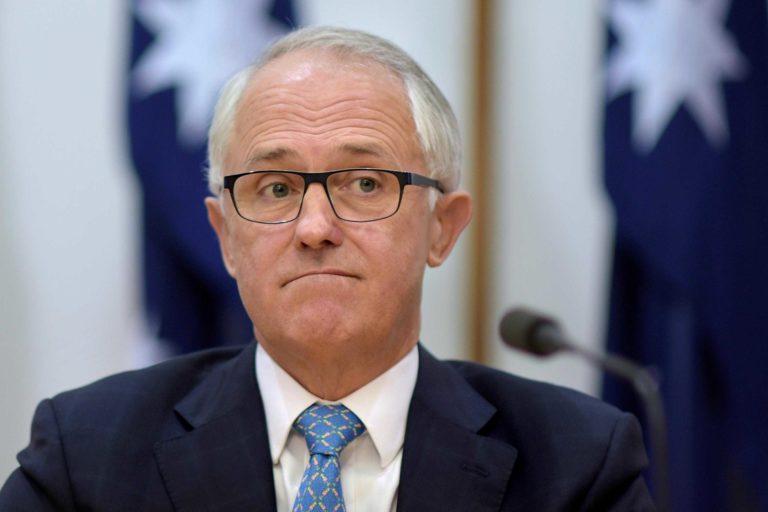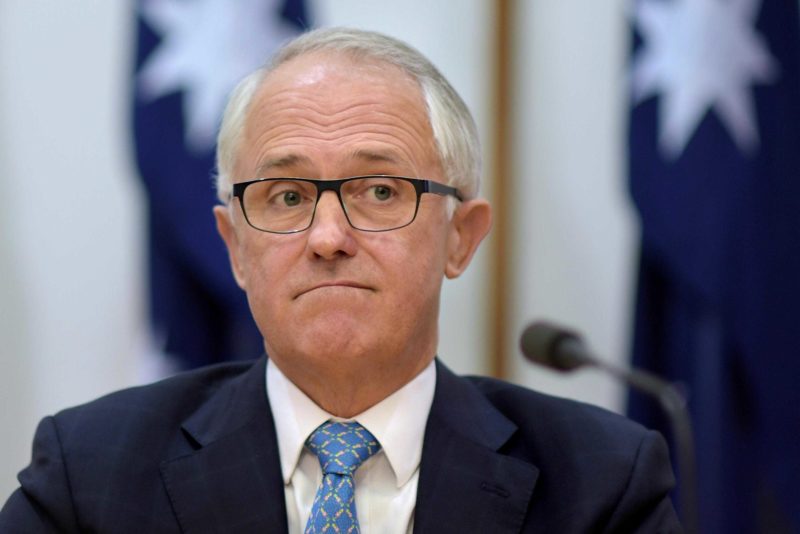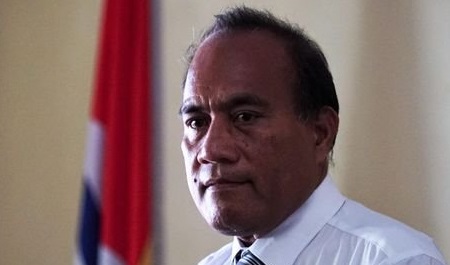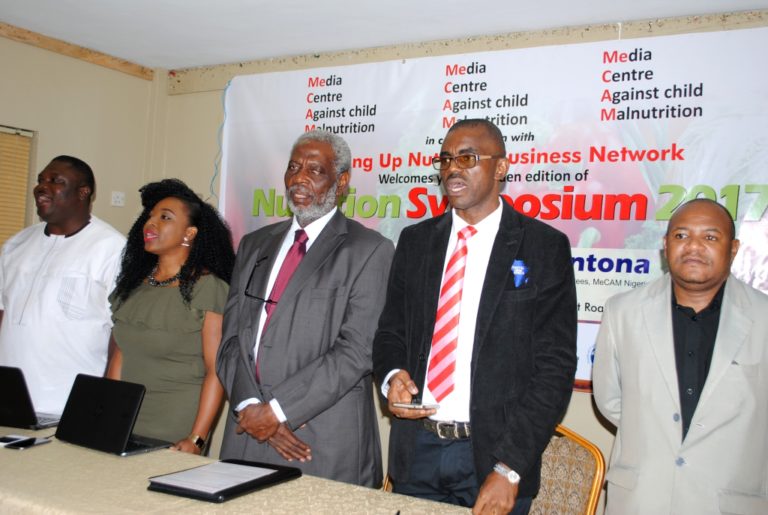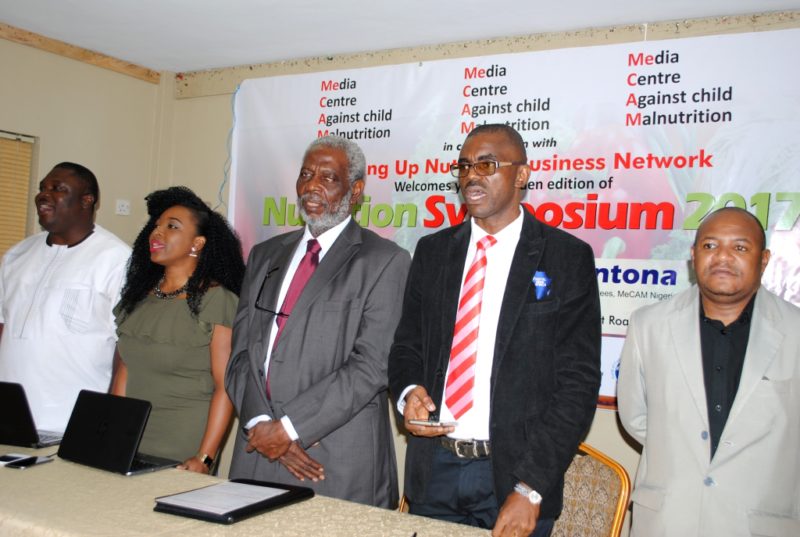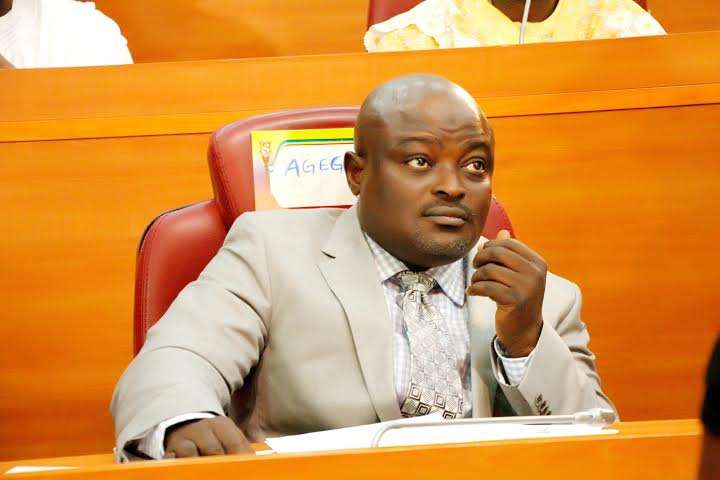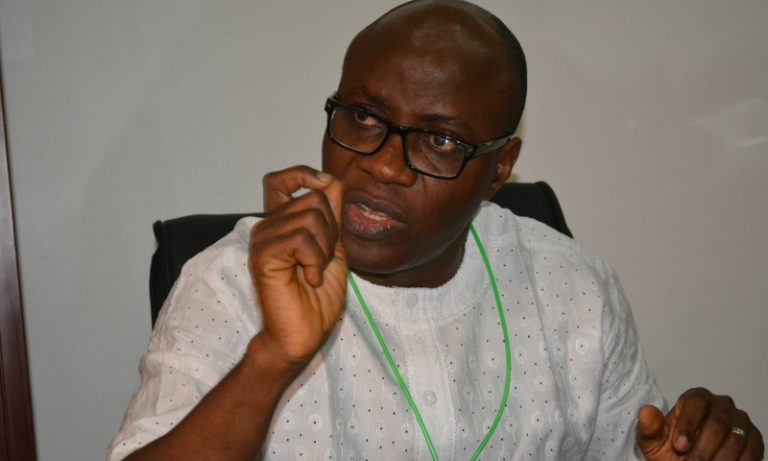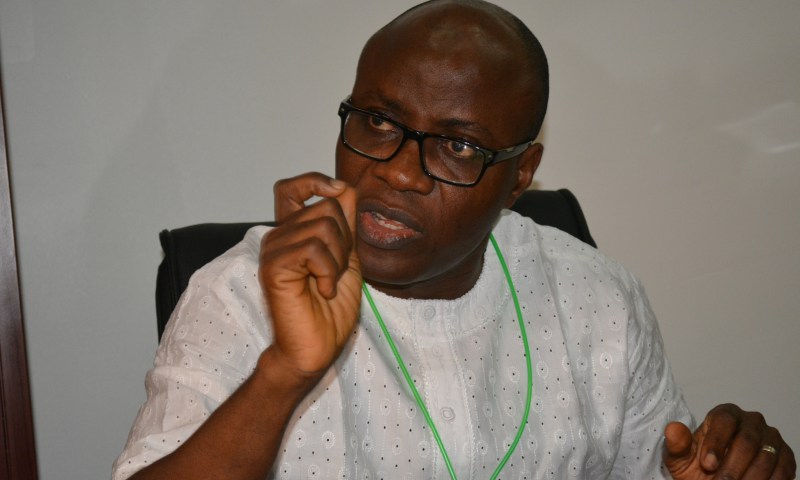An Environmental Rights Action/Friends of the Earth (ERA/FoEN) led coalition of civil society groups and Host Communities (HoComs) has given a timely warning to the Federal Government of Nigeria, Shell and other concerned authorities, that unless they stop dilly-dallying on the moves to clean up the environment of Ogoni communities of Rivers State, the laudable directives by the United Nations Environment Programme (UNEP) actualised, and the Ogoni communities and the other communities of the Niger Delta region would not be free from the decades of unsafe oil exploration, huge contamination and militancy.
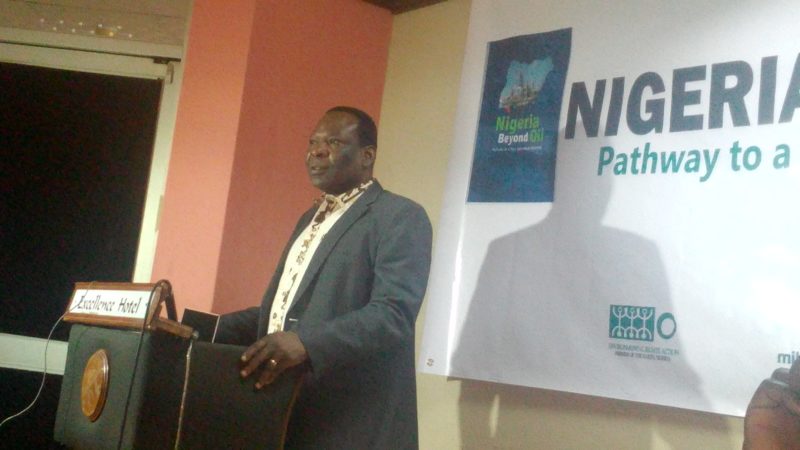
Dr. Godwin Uyi Ojo, ERA/FoEN executive director and an arrowhead of the coalition, made the timely call, following a week long activity of the coalition of the groups held recently in the Port Harcourt, capital of Rivers State. The forum was aimed at finding concrete solutions to the snail speed and thwarting of the cleanup exercise, as well as with some other burning environmental problems facing the Niger Delta region in particular and Nigeria at large.
Addressing journalists at the occasion partly marking the 6th Anniversary of the UNEP Report Recommendations, Dr. Ojo hinted that although the people of Ogoni and stakeholders around the globe received UNEP’s directives for clean-up of the Ogoni environmental mess with great enthusiasm, since August 4, 2011 (six years ago), there was little or no plans on the ground to show a commitment to the project, more so that Vice President Yemi Osinbanjo officially visited Ogoni last year, to flag off the exercise.
“There is gross inadequate funding and only $10 million has been released from the $200 million pledged by Shell and the federal government of Nigeria for the 2017 fiscal budget. Furthermore, there is no statutory budget provision for the cleanup in the 2017 national budget,” the groups stressed.
The statement by the groups also stressed as follows: “The unease of the Ogoni people has been further heightened by statements credited to the Minister of State for Environment that government was not in a hurry to commence cleanup and fail, and would rather take its time to get it right before commencement. The cause to such lame excuses for the delayed commencement shows that government is yet to grasp the challenges the Ogoni communities face and the need for deliberate speed in the cleanup process, to protect the environment and rural livelihoods of the people.”
The ERA/FoEN boss further mourned that Ogoni, with Ogale as one of its documented impacted communities, is not getting relief, but more at the receiving end of polluted soils, blackened waters, contaminated boreholes and smelling mangroves because of bottlenecks and meaningless bureaucracies by government and Shell.
The groups called for transparency and accountability, as it expressed reservation that no work plan being put in place to cover the 1-5 years short term, and the long range plan for the cleanup exercise that is expected to span 25 years. They also bewailed the absence of public advertisement for contractors to enlist in the project, whilst civil society organisations, community members and other critical stakeholders have been sidelined from making the usual contributions.
Dr. Ojo also frowned that Shell’s positioning in the Governing Council of the Hydrocarbon Pollution Restoration Project (HYPREP) does contributes to the “snail speed” and piece-meal-approach by government and Shell, expressing fears that that would elongate the project beyond the specified 25 years span. He also thumped down the Remediation by Enhanced Natural Attenuation (RENA) methodology adopted by Shell for the cleanup exercise as unsafe and inappropriate, while calling for the use of any other effective technology.
Whilst calling for the cleanup to start without more delay and to serve as a prelude for cleaning up the entire oil-impacted Niger Delta region, the groups also urged the Federal Government, Shell and other transnational oil companies to establish a $100 million fund for the entire cleanup of the region.
The seven points demand made by the groups, however, are that an environmental state of emergency be declared for the Ogoni cleanup, and the establishment of a work plan and timeline by HYPREP clean up, with all-inclusive process that should accommodate inputs from critical stakeholders. Other demands include the funding and inclusion of the National Oil Spills Detection and Remediation Agency ((NOSDRA) and other agencies for effective monitoring of the cleanup; and conduction of environmental and social audit of the Niger Delta.
The groups also called for the immediate removal of Shell from the board, adding that it (Shell) does not use the orchestrated cleanup process as a guise to re-entering Ogoni and to “decommission” its old oil pipes responsible for frequent spills.
By Tony Erha

